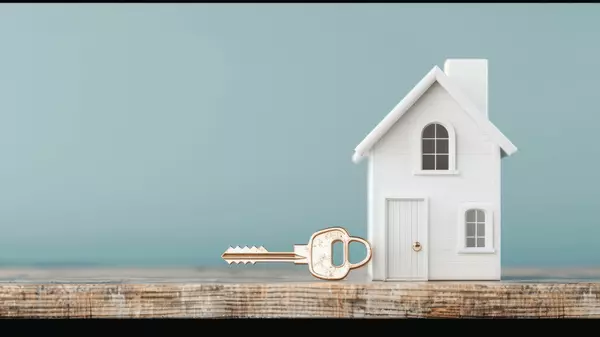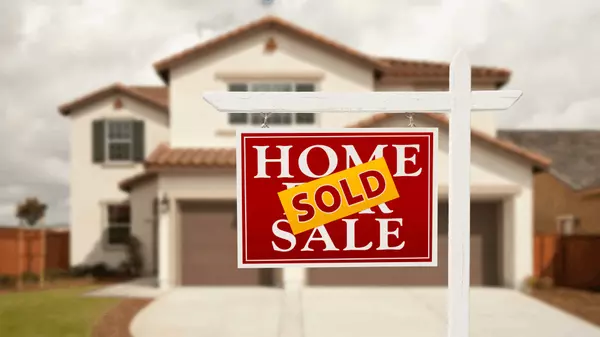
Avoid These Top Homebuyer Mistakes in Today’s Market
Buying a home is one of the most significant investments you’ll ever make, so you want to get it right. Unfortunately, today’s market presents unique challenges that can trip up even the savviest buyers. Teaming up with a trusted real estate professional can help you navigate these obstacles. Here a

Why Your Home Has the Edge in Today’s Market
As the housing market remains tight, your home has a unique advantage right now. Even though the number of listings has increased slightly from last year, the demand from buyers still outpaces the available inventory. If you’re thinking about selling, you’re in a prime position to make your home shi

Why Today’s Foreclosure Numbers Won’t Trigger a Market Crash
With rising costs impacting nearly every aspect of life, it’s understandable that many people are concerned about the potential impact on the housing market. As prices climb and budgets get tighter, there’s a natural worry about whether more homeowners might struggle to keep up with their mortgage p
Categories
Recent Posts










